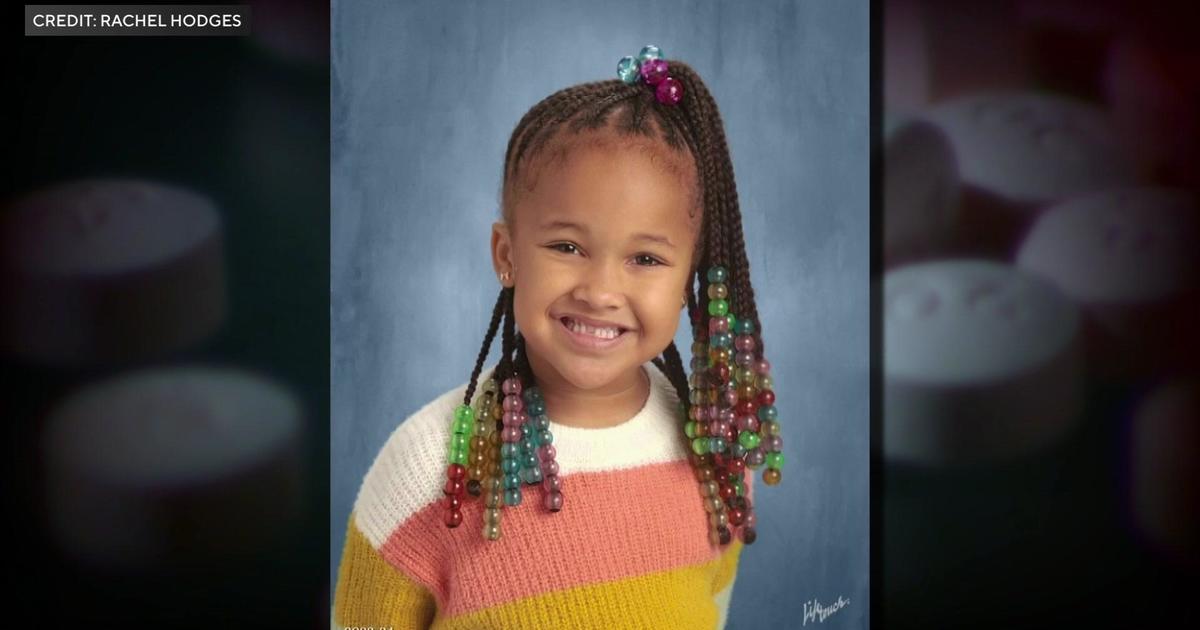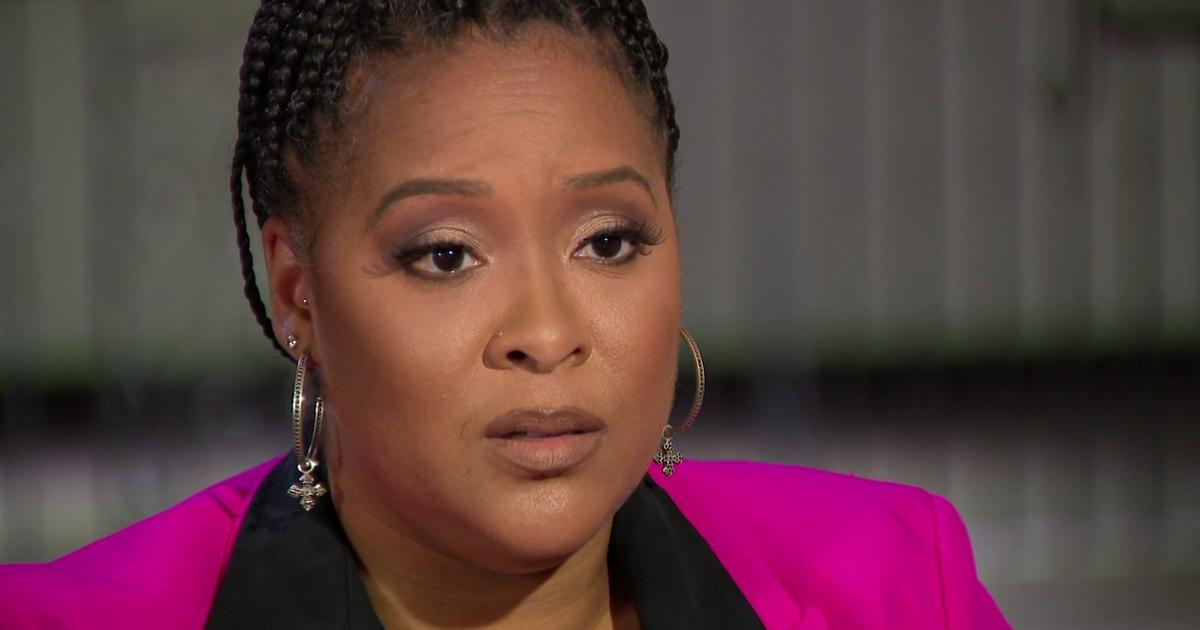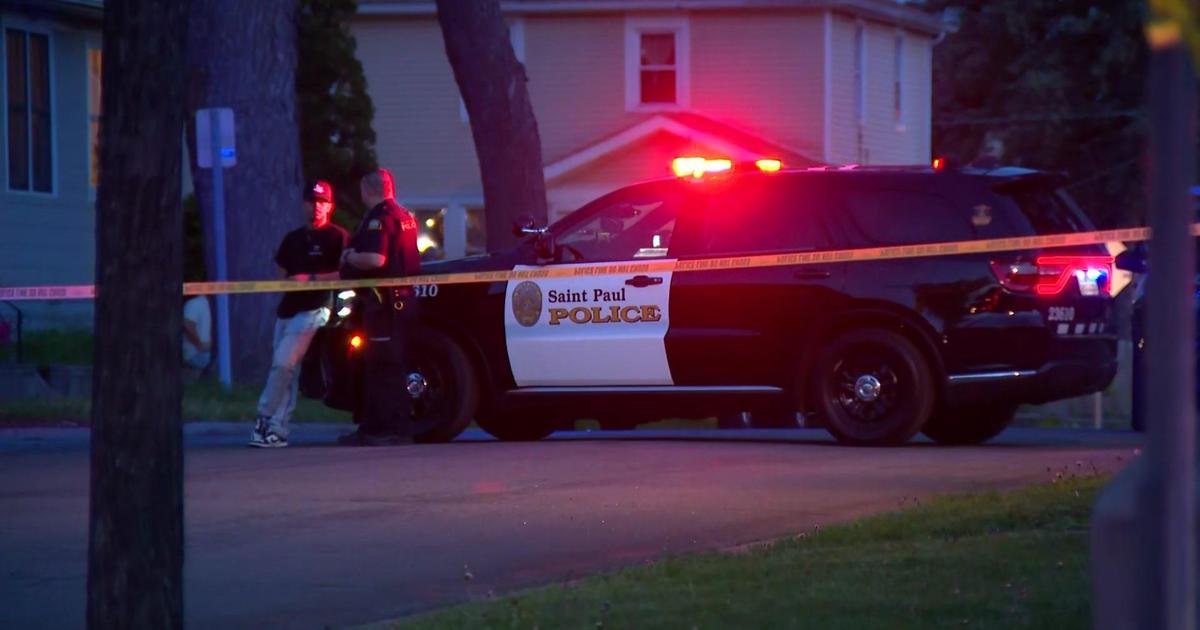Minn. Veterans Court Marks 1-Year Anniversary
MINNEAPOLIS (AP) -- Minnesota's special Veterans Treatment Court is marking its one-year anniversary this month of trying to help veterans in trouble with the law stay out of the criminal justice system.
Hennepin County Judge Charles Porter, who oversees the court, told Minnesota Public Radio for a story that aired Monday (http://bit.ly/plbPgd) that officials expected to primarily see Iraq and Afghanistan veterans, but they've mostly had Vietnam veterans, and they've been a little bit harder to help.
Many of the Iraq and Afghanistan veterans Porter sees have combat-related traumatic brain injuries or post-traumatic stress disorder. Most of the approximately 70 defendants in the program have serious mental health issues. Many are addicted, chronically homeless or both. And many of the veterans have been in and out of the system for decades without treatment.
Army veteran Cecil Wooten, 56, credits the court with helping him get clean.
"I got my third DWI and they had a vets court, and I was fortunate to get involved in it," Wooten said. "And I was thankful from then on."
Wooten said he lives in temporary Veterans Affairs housing and has been sober for about a year.
The program is still in its pilot phase, but advocates hope to make it permanent. Other veterans courts across the country have had success at preventing veterans from reoffending, and advocates say providing veterans with services is cheaper than jailing them.
Porter said the court tries to address the causes of veterans' problems so they can get well. To do this, a team of specialists from the VA, law enforcement, corrections, attorneys, social workers and others coordinate each defendant's treatment.
Participation is voluntary. Defendants agree to a strict program of counseling or Alcoholics Anonymous, drug tests and meetings with officials who closely track their progress. In exchange, Porter said, the court connects defendants to housing, medical care, mental health services, or whatever else they need, and they can get their sentences reduced.
"We will not use a correctional approach primarily as the consequence of your behavior, and we will insist that you use a treatment approach and we will monitor your treatment approach; support you in your treatment approach but expect that you do it," Porter said.
The court's VA social worker, David Holewinski, said the idea is to stabilize veterans so they no longer need expensive services.
"If we can mitigate legal charges or help get them the treatment and their support," Holewinski said, "then it gives them a more stable and solid footing to get a job, to get into education, to repair family relationships, which helps minimize or decrease homelessness hopefully in the long run."
Wooten will graduate from the program soon, but plans to stay on as a mentor to help other veterans.
"It has given me a chance to start over and get connected with my kids and my sisters and my brothers after years and years of fighting and struggling through my drinking," he said.
(© Copyright 2011 The Associated Press. All Rights Reserved. This material may not be published, broadcast, rewritten or redistributed.)



